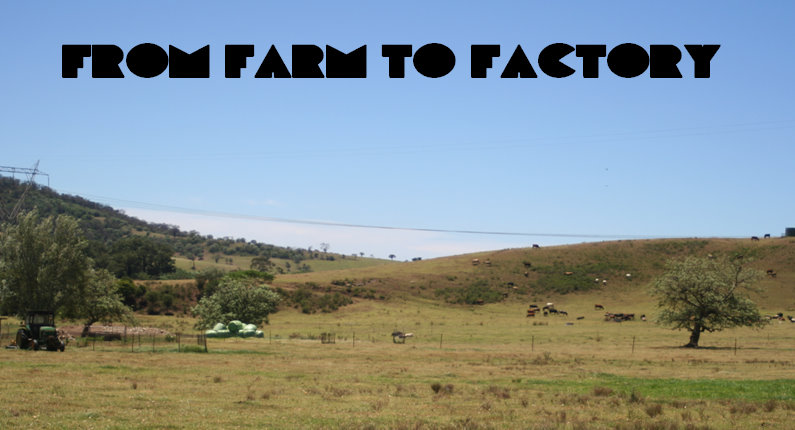When milking machines were first available in New South Wales dairy farmers expressed caution towards their use. In a Royal Commission into the price and supply of food in NSW conducted in 1913, a number of those brought before the Commission reveal their hesitation towards the new machines.
1. Many farmers claimed the machines would cause harm to their herd.
Commissioner: "You prefer hand milking?"
Robert Hugh Strong, Dairy farmer from Berry, explains;
Again, unless the machines are carefully worked, and the vacuum pressure regulated, there is a tendency to inflame the udder. Of course, that can be avoided, but the average man will not do it.2. While others believed they required milkers to be more vigilant to prevent the spread of disease throughout a herd.
Commissioner: "What results have you seen?"
Michael John Hindmarsh, Dairy farmer from Ivy Mount, Gerringong responds;
I think it requires great cleanliness in the use of the machines, and they are not kept sufficiently clean. If you milk by hand you recognise the symptoms immediately when you begin to milk.
……Again, unless the machines are carefully worked, and the vacuum pressure regulated, there is a tendency to inflame the udder. Of course, that can be avoided, but the average man will not do it.
But even with hand milking is it not necessary to give personal supervision if you would secure cleanliness?
Yes, and I am mostly there myself. With the machines, my impression is that there is a greater likelihood of disease being spread if they are not properly attended to.
The discussion is further furnished by the report given by another farmer in nearby Dunmore.
Commissioner: "What is your objection [to the use of milking machines]?"
Edward Richard Bigg, dairy farmer from Dunmore explains:
I think the hand milking is cleaner, because you cannot see what is in the tubes of the machines, and cannot be sure that they are perfectly clean.
3. While other farmers found the machines unnecessary for their small scale dairying activities.Joseph Daley, Dairy farmer from Unanderra explains;
Commissioner: "Do you employ any men?"
Daley: Not at present. I can do the milking with the aid of a boy. I do not use machines, but one of my neighbours uses them and he seems satisfied. They would be of no use for a small herd. There would be no compensation for the trouble of looking after them.
4. There were many farmers who took up the milking machines due to persistent labour shortages.Commissioner: "Generally speaking, do the farmers prefer machine or hand milking?"
Robert Hugh Strong, Dairy farmer from Berry responds;
In every case, so far as I can see, the machines are put in because of the labour difficulties.
Not because of greater efficiency?
No.
I take it that you experience difficulty in obtaining labour here?
Yes.
Want to know more?
The above references come from transcripts of interviews conducted as part of the 1913 Royal Commission. For extended transcripts of some of the interviews, see:
http://drop.io/southernhighlandsandillawarrachapterofmuseumsaustralia
Guest pswd: dairycow
A document specific to the farmer's attitudes towards milking machines is also available. The document is titled: Milking Machines- Use and attitudes towards.
Also relevant to the topic, the Berry Museum has in its collection a milking machine releaser. The variety of milking machine was introduced for the purpose of minimising the harm to the cow in the process of milking by the mechanical method. An image of the releaser is available here.

No comments:
Post a Comment